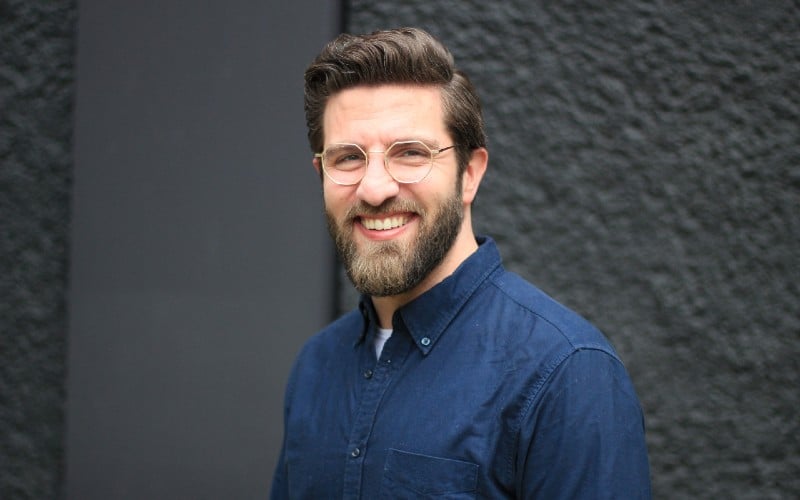The NHS has long been the pride of Britain: a free healthcare system which enshrines the right for citizens to receive care at the point of need.
However the institution, founded in 1948 in the aftermath of the Second World War, was facing challenges long before COVID-19.
Levels of public funding, waiting lists and access to GPs are a political battleground – and can also feel like a warzone to those on the front lines.
“NHS staff burnout has certainly been exacerbated by the pressures of the pandemic. The workload has intensified and patient waiting lists have never been higher. But burnout was sadly a growing problem long before 2020,” Patchwork Health CEO and doctor Anas Nader tells TechBlast.
“Owing to entrenched and outdated workforce models, it’s always been difficult for organisations to offer staff the flexibility and self-determination they need in order to minimise burnout.
“These restrictive systems have perpetuated a vicious cycle of inflexible hours, limited access to leave and hard-to-fill gaps in rotas. The emotional strain of working through the past two years has only added fuel to the fire.
“But essentially, it’s the lack of flexible working opportunities that are contributing most significantly to rising levels of burnout.”
NHS staff retention problem
There are currently 93,000 vacancies across the NHS, while the British Medical Association estimates that one in five of its workers are considering leaving – a situation which Dr Nader, who originally left Canada to train and work in the NHS, describes as a “perfect storm”.
“The resulting shortage of full-time permanent staff only increases the pressure faced by those who remain within the health and care sector,” he explains.
“Unable to find a sustainable way to work flexibly in the NHS, many staff are left with no other option but to leave. Some choose to join an external agency, while others switch careers altogether.”
Dr Nader and his co-founder Jing Ouyang chose a path of entrepreneurship, inspired by the pressures they saw first-hand.
“I’ve found my career in accident and emergency medicine to be incredibly rewarding, but around seven years ago I reached a point when my colleagues and I were struggling with long hours, inflexible rotas and the inability to take leave when needed,” he says.
“Achieving a professional-personal life balance was out of our reach, but no one seemed to have a solution. That’s why my co-founder and I decided to build that solution – and to address the healthcare workforce crisis that was leaving so many staff members, including myself, on the brink of burnout.”
Patchwork platform
The Patchwork platform enables employers to digitally broadcast vacant shifts to an approved pool of clinicians. These temporary staff can then book the shifts that suit them.
Their credentials can also be seamlessly and compliantly passported, enabling clinicians to work safely across multiple sites. For full-time staff, employers can use its rostering technology to accommodate individual preferences within shift patterns to a greater extent.
They also have access to the data they need to plan their staffing accurately, and to reduce their reliance on costly third-party agencies.
It is currently partnered with more than 70 NHS organisations across 250 sites, helping to automate time-consuming manual admin tasks.
“There’s a myth that flexible working isn’t possible in the health and care sector, but it’s simply not true. In reality, it can be achieved in a safe and compliant way that actually improves patient care and employer oversight,” he says.
“With healthcare sites more sustainably staffed, and clinicians able to balance work with wellbeing, the cogs turning the wheel of burnout are slowed.”
Founded in 2018, Patchwork has raised £8.6 million in VC funding and claims to have saved the NHS an estimated £39m in temporary staffing costs.
Founder tips
Dr Nader adds: “When I began my career as a doctor, I never imagined it would lead me to working in the healthtech sector. But along the way, I’ve discovered that so much of what I learnt on the hospital floor has helped me become a better founder.
“Three of the most important skills I believe we must all hone as founders and entrepreneurs are empathy with others to ensure you fully understand the pain points you’re trying to solve; persistence to dig beneath the surface level symptoms and effectively fix the underlying problem; and clear communication and the ability to truly listen to colleagues, clients and investors.”


